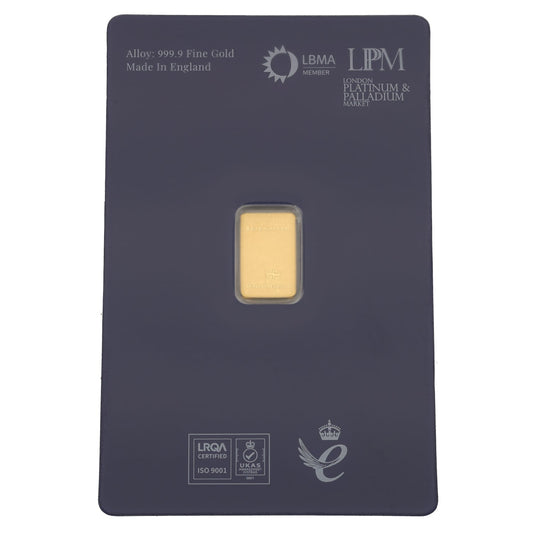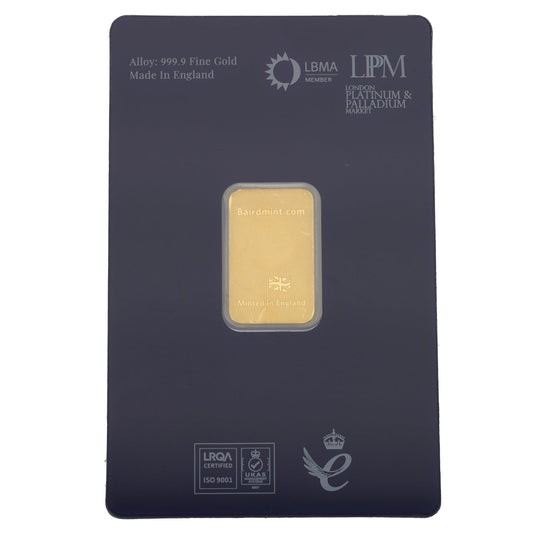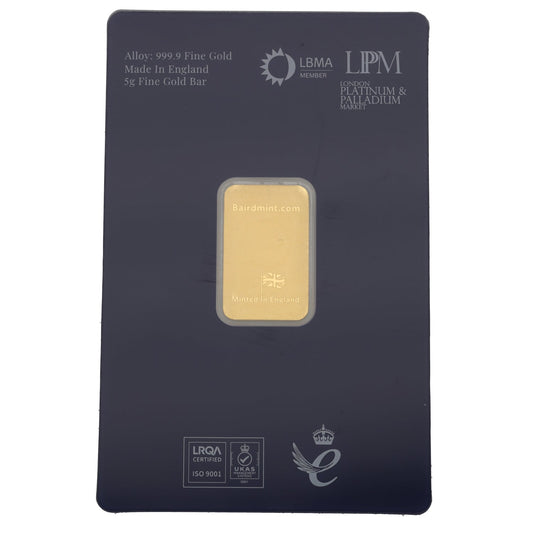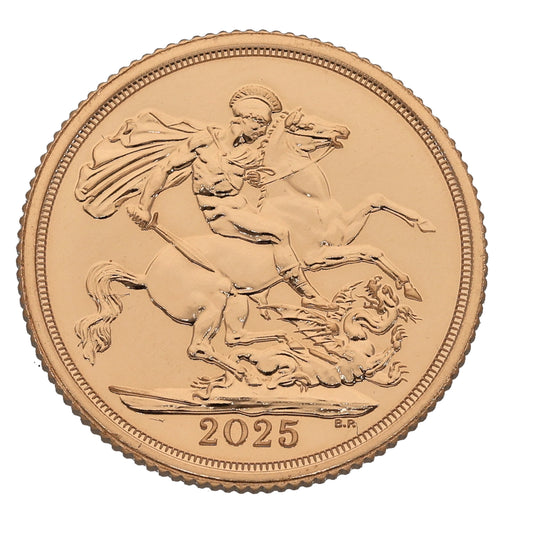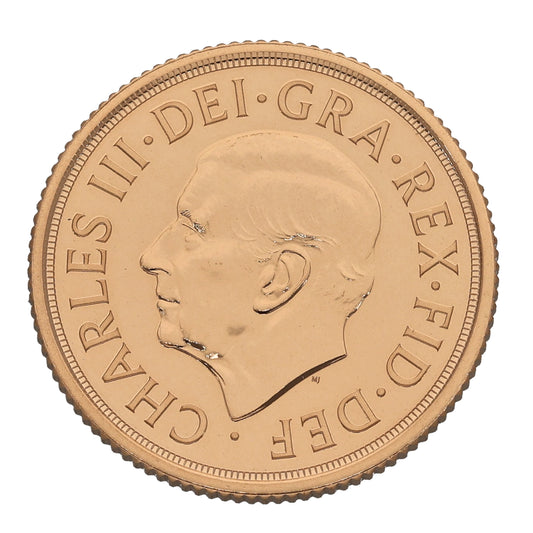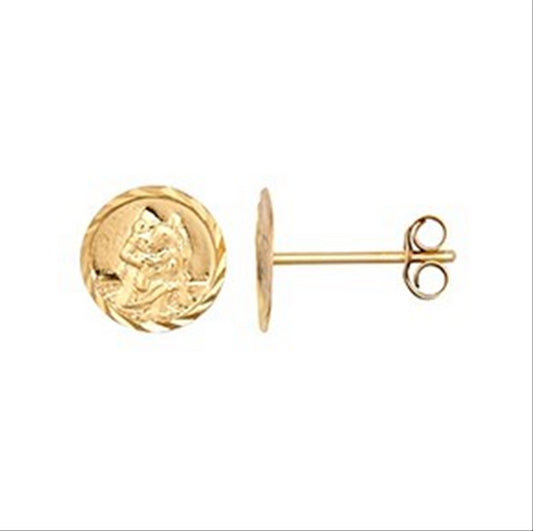Household budgeting and money management isn’t always a subject that’s brought up in conversation. We don’t tend to speak to our friends or loved ones about the ins and outs of our financial lives, and up until recently, basic money management skills weren’t taught in schools. As a result, there’s not one sole way to manage your finances, and it’s up to you to decide how best to allocate your funds.
Disclaimer: Please be advised, we’ve written this blog to share some of our thoughts and ideas, if you are in need of free and impartial financial advice, please speak to The Money Advice Service.
Of course, keeping a budget is very important; but it needn’t be time consuming or boring. Budgeting is about so much more than noting down what you spend and what you’ll need — it’s not all just boring paperwork. There are plenty of supplementary things you can do which will help you to reach your financial goals.
In this blog post, we’ll give you the simplest budgeting tips for keeping control of your finances. We’ll look at the two most important aspects of budgeting — how to create a budget and how to stick to it — and look at everyday areas where you can cut your costs.
How to create a budget

If you’re looking to create a budget, the good news is that you’ve already made the most important step: deciding to make one in the first place! While creating a budget can seem like a daunting task, it can actually be relatively straightforward if you know the best place to start. Read on for some handy tips for creating a budget which works for you.
Look at where you’re already spending
To get an idea of where you’re spending money regularly, look back through your bank statements online. You may be surprised at how much is spent on certain categories — for instance, buying a supermarket meal deal costing £3.50 each weekday lunchtime will cost you between £70 to £80.50 in an average month*. This may not be an expense you’ve considered in large terms before, but it’s exactly the type of thing you should look out for when compiling your budget.
Once you’ve got a good idea of the base amount you need to live, work, and eat, you can start working out how much you’re able to save. Any surplus money can be set aside for savings, and if you can shave off some pennies here and there throughout your budget, you may even find you can save more than you originally thought.
Be realistic
When looking at any aspect of your usual income and expenditure, being realistic is essential. It’s good to look forward and set financial goals which will push and challenge you, but at the same time these should be achievable in the first place.
Set challenges
Try to create short-, mid-, and long-term challenges to help you reach your goals. These are a great way to help keep you on track, and they should come with some kind of small reward that you will appreciate once completed. They can be as simple as, ‘don’t spend any money on take-away food this week’, to more challenging goals like, ‘save 10% of my earnings this year’. Completing these challenges, even the small ones, all help you to get to where you want to be and will create a positive feeling around budgeting.
Share your budget plan with those who need to know
If you share your finances with another person, it’s important to keep the lines of communication open about your budget. Share your budgeting plans with them and keep them up to date with any changes to the plan as they come. Money issues can cause tension and arguments, so it can be difficult to start these conversations, but once you make a habit of communicating freely about the money issues that affect you both, you’ll find that two heads really are better than one. If everyone is on the same side, then the benefits of making these changes will likely multiply faster.
How to stick to a budget

Once you’ve decided on the right budget for you, it’s time to put it into practice. It’s important to remember that sticking to a budget can look easier on paper than it is in reality, so don’t feel ashamed if you struggle at first. Managing money is an essential part of life and one which many of us find difficult to do at one point or another in our lives. Struggling to get a hold on your finances is nothing to be embarrassed about and can improve with the right actions and frame of mind. Read on for some helpful tips to for budgeting using the plan you’ve set yourself.
Be realistic
Just like you should be realistic when setting your goals, you should be realistic when it comes to achieving them too. Be prepared to miss your goals every now and again as life can often bring up challenges you can’t foresee. But you should also be prepared to pick yourself up, adjust your plan, and continue.
Visualise your budget goals
Rather than keep your goals in your head, get them down on paper or in your phone. Many people like to create a mood-board or keep a selection of inspirational images and quotes in a diary, on the fridge, or in their wallet to help them stay focussed on what they want to achieve. Having some kind of visual reminder can help to keep new behaviours fresh in your mind and be a good way to keep yourself on a positive track.
Start keeping tabs on what you’re spending
Whether you’re the kind of person who likes to keep detailed spreadsheets or you prefer to add up in your head as you go along, it’s certainly useful to be mindful of what you’ve spent over the course of each day. If you make purchases in a number of places, both physical and online, it can be difficult to keep track of what you’ve spent, which can then result in a lack of money before your next payday. By keeping tabs of your spending, you’ll be more likely to hold back when you need to and save more money in the long run.
Use multiple accounts
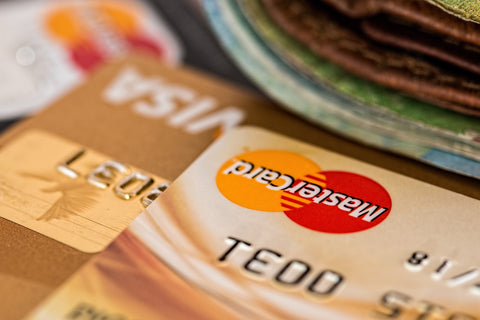
Many successful budgeters use more than one current account for their everyday expenses. While this may sound like it makes things more complicated, it can in fact make it much easier. When you have two current accounts for example, you can use one for your main direct debit payments (such as your mortgage/rent, utility bills, insurance etc.) and one for your spending money (food, entertainment, clothing etc.). By transferring the rest of your wages to your spending account, you’ll never accidentally use money that was destined for an essential payment again.
You can also use multiple accounts for your savings. A way to do this is to split your savings into three, like a traffic light:
- Red savings: Savings for your future and major goals, like a deposit for a house, or a retirement fund.
- Yellow savings: Savings which can be used for medium-term plans, such as holidays, trips to see family, and for Christmas.
- Green savings: Savings for dipping into when required, such as for unexpected vets’ bills, car repairs, or to boost your budget during busy times.
Make your money go further
One of the easiest ways to stick to a budget is to have more to work with in the first place by making more room in your existing budget. You can do this by reviewing what you spend in each area of your life — even if you can shave off just a few pounds here and there, it’ll all add up to a more significant amount over time.
Use comparison sites where possible to find out if you can save some money on household bills. You could search for special online deals, sign-up bonuses, and cashback to really make the most of the switch. You could be surprised at how much money you’re able to save, especially if you’ve never reviewed your providers before.
Many sites now offer a switching service to make it as easy as possible to change who you’re with; you’ll not be lumbered with a ton of paperwork or left without service. And if you’ve been with the same company for some time, it’s always wise to ask them for their best deal. You might be offered a better price in return for staying with that company, and this can make a difference to your regular expenses.
Top up your budget
A low-effort method of boosting your income is to rent out something that you own. Renting a spare room can bring in extra income, or if you’d prefer not to invite someone into your home, you could always rent out your driveway, parking space or garage. This can be particularly lucrative if you live close to public transport stations, close to places where lots of people work, or if you’re within walking distance of a football ground, university, or similar.
If you want to boost your income, it helps to play to your strengths. Try to find profit in something you already enjoy. You could sell arts and crafts, list unwanted items online, offer to teach others your skills, babysit or dog walk – the possibilities are endless, and there’s bound to be someone out there who will pay for your skills, whatever they may be.
And if you have any old possessions that you no longer love, make the most of them by selling them for money. H&T can buy gold and other valuables for a fair and reasonable price. You’re welcome to pop into your local branch and find out more.
Areas for budgeting
When it comes to everyday spending, there are a number of ways to potentially cut costs. Here we’ve rounded up just a few ways you may be able to reduce the amount you pay in everyday life, from getting around to treating your loved ones.
Transport costs
One of the most effective areas we can budget is transport. By taking time researching a long journey, you may actually save yourself a fair bit of your monthly budget. For example, train travel has been rising in cost for years, so if you need to take a long journey it may be worth looking into domestic flights. Taking an aeroplane instead of a train can seem like the more expensive option, but flight costs have been reducing for a while now. Alternatively, if you’re happy to spend a little longer travelling, you can often cut costs even further with a coach journey.
For short regular journeys, it’s also worth calculating how much you may save from a weekly, monthly, or yearly public transport ticket, whether you travel by train, bus, or underground. While the yearly tickets often offer the best value, make sure to consider your long-term future plans as you don’t want to spend money on a ticket which you may not end up using for the duration.
Some of us are unable to rely on public transport, but this doesn’t mean there aren’t ways to potentially cut down on transport spending. Consider reaching out to those you know to see if car-sharing is an option for some journeys. For instance, a group of colleagues could take it in turns to drive to work. This could reduce your weekly mileage enough that you’re not severely impacted by high fuel prices.
Clothing
Saving on clothing costs can be quite easy, particularly if you’re happy to shop for second hand garments. Charity shops in more ‘upmarket’ areas and in city centres tend to have the best quality items, and you could buy a whole outfit for less than the cost of a single garment if you were to shop on the high street instead.
Alternatively, you could also attend or organise a local switch event, where people bring clothing they no longer want and get to take home something they do want instead. It can help to lay all of your clothing out in front of you and separate the garments you wear the most. As long as everything else you want to keep goes with these garments, you’ll always have a wearable outfit to hand.
Grocery shopping
Changing the way that you and your family eat may not be the most desirable of tasks, but it can make a huge difference to your food shop costs. For instance, learning how to make certain dishes from scratch rather than buying ready-made can help, particularly if you are able to get the raw ingredients at a reduced price. Try to avoid expensive brands if you can and consider shopping in bulk if you have the room for storage. If you have leftovers, then using these wisely can mean you get two meals for the price of one. For example, leftover tomato soup can be used as a base for pasta sauce the next day.
Before you buy anything at all, whether you do your grocery shopping in a physical store or online, check to see if there are any voucher codes or exclusive offers you can use in order to get some money off. If you Google the name of the store and ‘voucher code’, you may well find an offer to suit. If you have a loyalty card for a certain supermarket, you may get vouchers with this too.
Gifts
When you want to buy a gift for someone special, consider looking for a second-hand version if appropriate. Gumtree, Facebook Marketplace, and eBay are good places to start, and charity shops are great for hunting out hidden treasures. Even when it comes to more high-end items, pre-owned can save you a lot of money without having to compromise on substance or flair. And remember, once in your possession, no one will know that something is second hand. Take, for example, H&T’s range of pre-owned luxury watches and jewellery, which are perfect for saving money on an extra special gift.
After reading the tips and advice above, hopefully you feel more confident when it comes to ways to budget your money. You may want to check out our pawnbroking service, where you can pawn a variety of different types of valuables for money, including but not limited to designer handbags, jewellery, watches, and antiques. You can find out more about this service with our handy pawnbroking guide. And make sure to check out the rest of our blog posts for more money management tips, including advice on setting financial goals.
REPRESENTATIVE 165.5 %APR
Pawnbroking Loans are secured on your items, if the loan is not repaid it will be sold to pay the debt.
Authorised and regulated by the Financial Conduct Authority for Consumer Credit. (Please note that Cheque Cashing, buyback, FX, retail purchases and sales are not regulated by the FCA.)
*Calculated by multiplying the most common supermarket meal deal price by the number of weekdays in a month (20 to 23 days).






